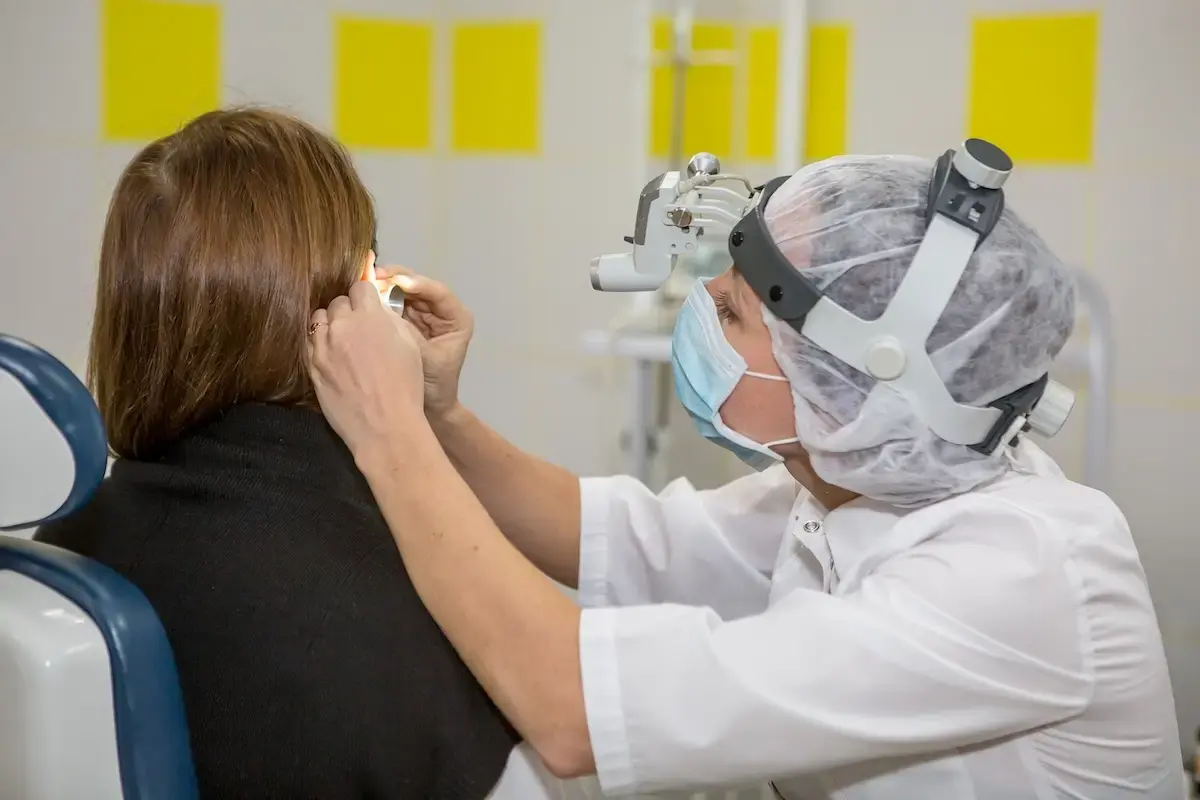Dependable & Knowledgeable Hearing Loss Injury Workers’ Comp Attorneys
Whether you sustain OHL either immediately because of an incident in the workplace or over a period of time because of hazardous noise levels or ototoxic chemical exposure, you may have some concerns, including:
- When you will be able to return to work
- How you will be able to support yourself and your family without steady income while out of work
- The amount of compensation you are eligible to recover for your injury via a workers’ comp claim
- When you’ll be able to cover your medical expenses
At Vasilatos Injury Law, we’ll work with you to successfully file your workers’ comp claim, and our team of reliable attorneys will be able to provide some of the best representation for you in any negotiations taking place out of court. We can also represent you in court, if needed. Our attorneys understand how important it is for our clients to be able to restore their lives to the way they were before the injury, and will work with you to get the most favorable settlement.
We can help you determine how your hearing loss has affected your well-being, including the ability to work and your overall financial situation, and we’ll help you recover the damages. We’ll work with you to reach a settlement that helps cover all medical bills along with any lost income accumulating from time taken off from work for treatment.
Our team has worked with many clients who have sustained hearing loss along with many other types of injuries in the workplace or anywhere else on the job. We understand how detrimental these injuries can be to your life and wellbeing, which is why we do everything we can to help restore our clients’ lives to the way they were before the injury occurred.



